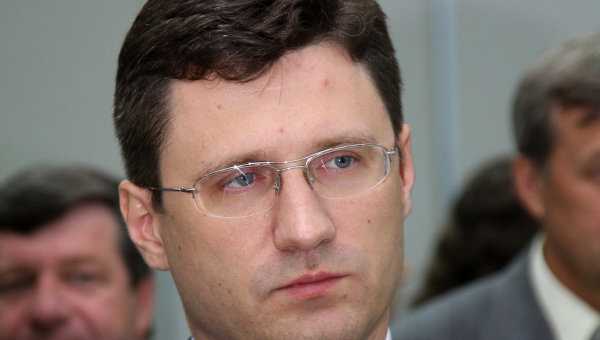Başbakan’ın yakın çevresi bu ilişkilerin içinde iken, yapılanın gerçekten Türkiye lehine olduğunu anlamak mümkün mü?

ANKARA: Turkey has suspended energy projects with Italian giant ENI because it is involved in disputed exploration for oil and gas off Cyprus, the Turkish energy minister said Wednesday.
“We have decided not to work with ENI in Turkey, including suspending their ongoing projects,” Taner Yildiz was quoted as saying by the state-run Anatolia news agency.
ENI, along with the private Turkish group Calik, is a partner in the Samsun-Ceyhan pipeline project that aims to deliver Russian and Kazakh crude oil to Turkey’s Mediterranean coast.
Calik will make its own decision whether to continue working with ENI but Ankara is not in favour of the Italian group remaining on the project, which is expected to carry up to 70 million tonnes of oil annually from Turkey’s Black Sea city of Samsun to its Mediterranean port of Ceyhan, the minister said.
It was not clear however if Turkey would oppose ENI involvement in the South Stream project, a separate, strategic gas pipeline plan.
In 2011, Turkey gave Russia a green light for the South Stream project to run through Black Sea waters, paving the way for a pipeline designed to transport 63 billion cubic metres (2.2 trillion cubic feet) of natural gas per year.
The Russian behemoth Gazprom owns 50 percent of the South Stream project and ENI has 20 percent, while the German company Wintershall and Electricite de France (EDF) each holds 15 percent.
ENI is also a partner to the Blue Stream pipeline which crosses the Black Sea, taking Russian gas to Turkey.
Turkey has warned that companies involved in exploration for energy resources in waters off Cyprus would be excluded from Ankara’s energy investment plans.
In January, Cyprus signed licence agreements with ENI and the South Korean firm Kogas that cover drilling off the coast of the divided island that lies to the south of Turkey.
Cyprus has been divided since 1974, when Turkish troops invaded and occupied its northern third in response to an Athens-engineered coup in Nicosia aimed at union with Greece.
Turkey only recognises a breakaway state in the north, not the government of the Republic of Cyprus, which became an EU member in 2004.
Ankara has long warned Cyprus against unilateral moves to exploit natural gas and oil reserves off the eastern Mediterranean, branding them illegal and maintaining that Turkish Cypriots have equal rights in the island’s energy resources.
Cyprus is banking on such resources coming to the rescue after it negotiated a 10-billion-euro bailout loan from the European Union and International Monetary Fund early Monday that saved the eurozone member from bankruptcy.
Some analysts however say that joint energy projects could bring Turkey and Cyprus closer rather than pushing them further apart.
“Of course it also depends how well you play the game,” energy expert
Necdet Pamir of the private Bilkent University told AFP.
“Turkey is a natural access for Cypriot gas reserves to be transferred to European markets,” he said. “Bypassing Turkey and shipping gas resources via an undersea pipeline would be costly.”
On Saturday, the Turkish foreign ministry fiercely rejected a Cypriot government idea to use the island’s supposed natural resources as collateral for an investment fund or other borrowing scheme to help resolve the eurozone’s latest financial crisis.
The ministry rejected the idea as a “dangerous move which might lead to a new crisis in the region,” and emphasised that Cyprus’ economic problems could only be solved within a framework of peace and cooperation.
via Turkey suspends energy deals with ENI over Cyprus row.






